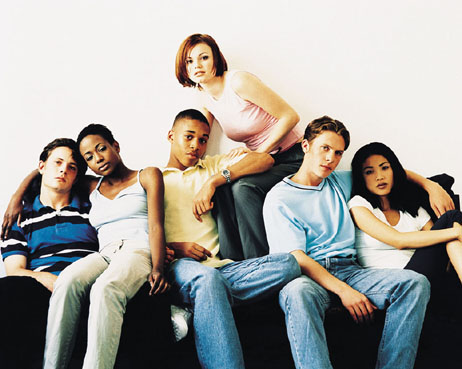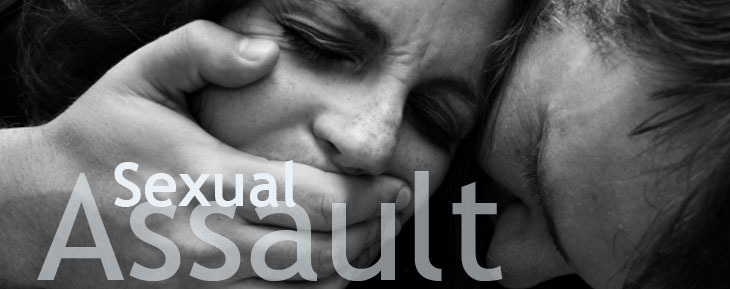
Teens and tweens inhabit a world that we used to live in. For some of us, living in the teen world was a recent experience. For others, it has been decades. Even now, as adults, it is a place that we seldom visit and maybe don’t ever want to think about again. We have to remember that being a teen comes with its very own social conditions, some positive and some negative. As teens, most of us can remember thinking that our parents just didn’t understand us, didn’t get how it really was in high school, or what it took to survive those character-shaping years. Some of those social conditions could be what to wear to be accepted or not be made fun of, what to say, how to act, or what groups to be associated with. It could also be what experiences they have had or what parties they got invited to. Being cool and popular isn’t easy. Pile that on with actually trying to learn in school and you might as well be climbing Mt. Everest. As a teen, that climb, while rewarding, is difficult, to say the least.
Think back to when you were a teenager. I’m sure that all of us have memories of that popular girl, the cute jock, the bully, or the class or teacher we just couldn’t stand. High school is a world into itself. Think of it as a little city where teens and tweens go every day, all day, for over a decade. It has its own government, police, grocery store, hangouts, sports teams, jobs, etc. We know, as adults that the “real” world also comes with politics, people, conflict, romance, etc. So does the “teen” world. I hesitate to call the adult world the “real” world just because there is the assumption that everything is more important once you are an adult. Telling a teen that their world isn’t the “real” world doesn’t make it any less valid than that of the adult world. Telling or acting like a teen’s issues aren’t as important as what is going on in adult-land isn’t productive either. They inhabit their world, therefore it is real. It is very real to them and living in it has benefits and consequences just like the so-called real world.
While the world has changed politically, pop culturally, socially, and especially technologically some of the same issues teens juggle still exist. Our teens and tweens live in a world that is full of struggles that should be taken very seriously. These struggles have real consequences and real victories. Some of these struggles could be understanding algebra, kicking a field goal, discussing the historical significance of the Magna Carta, finding a date to prom, rumor control, bullying, maintaining friendships, finding a boy or girlfriend, getting into college, struggling with an eating disorder, thinking that it is their fault that their parents are getting a divorce, pondering sexuality, being gay, when and where to have sex, and/or coping with being hit by your boy or girlfriend. Throw in texting, Facebook, Twitter, and the media as a role model just as an added bonus. These are just a few examples of the challenges that our teens face. We owe it to our teens to listen, to care, and to be there even when the adult world’s pressures are breathing down our necks.
These and many other thoughts swirl around in teenagers’ heads. As parents or people that care about teens, we have to strive to reach them, not preach to them, and teach them how to make good choices so that they can grow up to be successful and happy adults. This task is overwhelming. Without a doubt, no one person can do it all. I have chosen to focus on Teen Dating Violence education.
I remember being a teen, rather well, in fact. I remember getting my first boyfriend. I remember how it made me feel. I felt cool, important, the envy of my single friends, loved, and like I was special.
Sure, there are the primary benefits of being in a relationship like someone to hang out with, someone to love, someone to mess around with, someone to listen to you, someone to go to prom with etc.
There are also secondary benefits to being in a relationship. What if their boy or girlfriend is their ride to school? That’s a huge deal. No one wanted to ride the “cheese wagon” to school. It wasn’t cool. But having a car or dating someone with a car, well, that was really cool not to mention liberating. What if the relationship provides the teen with someplace to go because their home life is not ideal? These are powerful emotions and motivators. They can also be intoxicating. These emotions and motivators can dictate future behavior. In order to maintain that euphoric feeling or specific situation, what does a teen do?
Well, it depends on the relationship. Does the relationship succeed just because they have a lot in common and like to hang out together? Do they keep their boy or girlfriend by having sex before they are ready? Do they have sex because they are ready? Do they forget who their other friends are because they are always with their new love? Do they drink or do drugs? Do they put up with things that they normally wouldn’t for the primary or secondary benefits of being in a relationship? Does your teen know what a healthy relationship should look like? Do they know the beginning signs of teen dating violence? Are they willing to put up with what seems to be minor abuse just to always have a ride to school or some other benefit? Or do they stay in a bad relationship because they don’t see a way out, don’t know that they should want out, or think they don’t have any other options and this is just what a real relationship is like? Are you answering, yes because know your teen knows the answers to these questions or do you just think they know?
It is my hope that reading this has promoted you to think more from the frame of reference of your teenager instead of as just an adult and/or parent. By seeing and understanding their perspective you can better give them the advice and experience of a parent and/or adult without discounting what they are going through.
Over the next few blogs, I will be discussing the characteristics of Teen Dating Violence. You will learn the early warning signs, the effects teen dating violence has on the victim, and what to watch out for. I hope that it generates a dialog between you and your teen.
The most important thing in a parent’s life is their child. Being involved with your teens lives makes sure that you are proactive instead of reactionary regarding their care and what happens to them.
I will be doing Q&A in this column, answering questions from teens or adults.
Feel free to submit a question; email to: [email protected] and put “HWT Question” in the subject line. You may remain anonymous.

“It’s About Your Teen”
Susie Kroll specializes in speaking about Teen Dating Violence and Healthy & Safe Dating. She conducts workshops, keynotes, trainings, and seminars on issues specifically related to teens and their relationships. To schedule Susie for your next event, contact ImaginePublicity, 843.808.0859, [email protected]












Geez. It was tough enough when I was a teen. I can’t imagine what it’s like for kids now, especially with all the gossip in social media. I’ve always said I wouldn’t want to relive those days. That’s even more true now with today’s pressures.